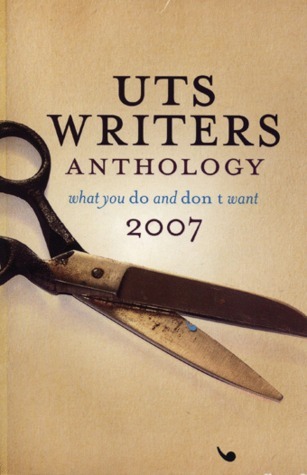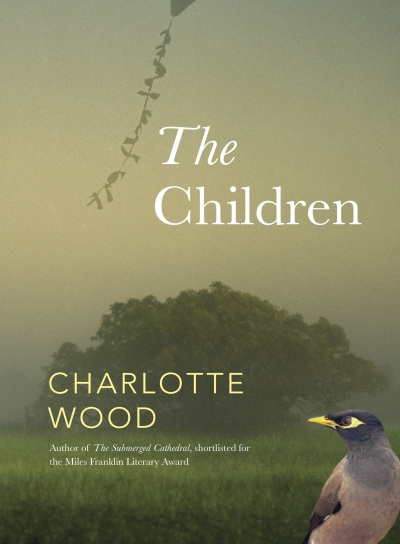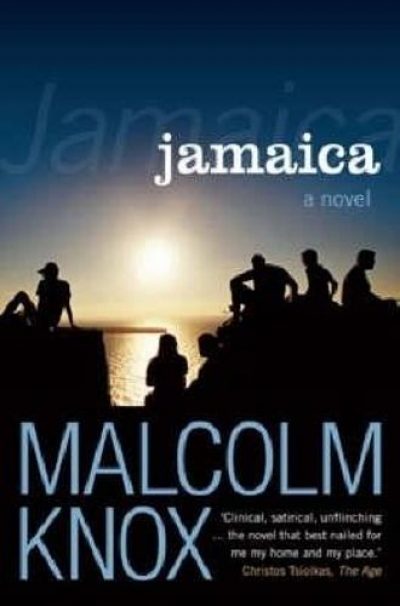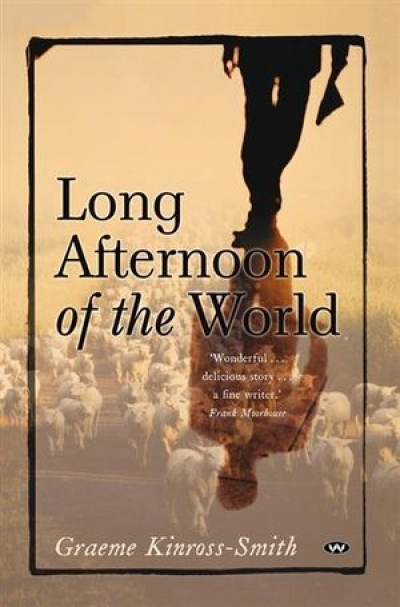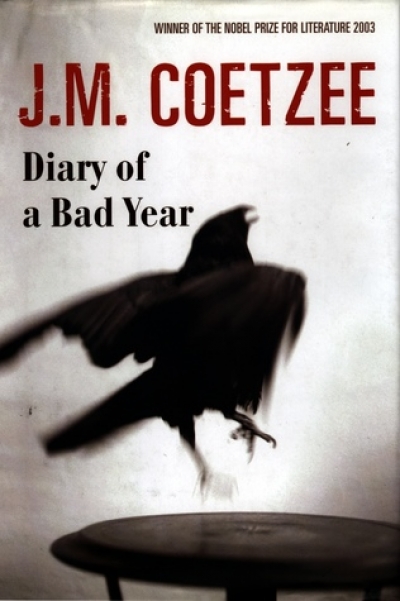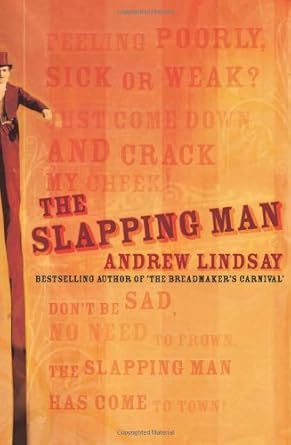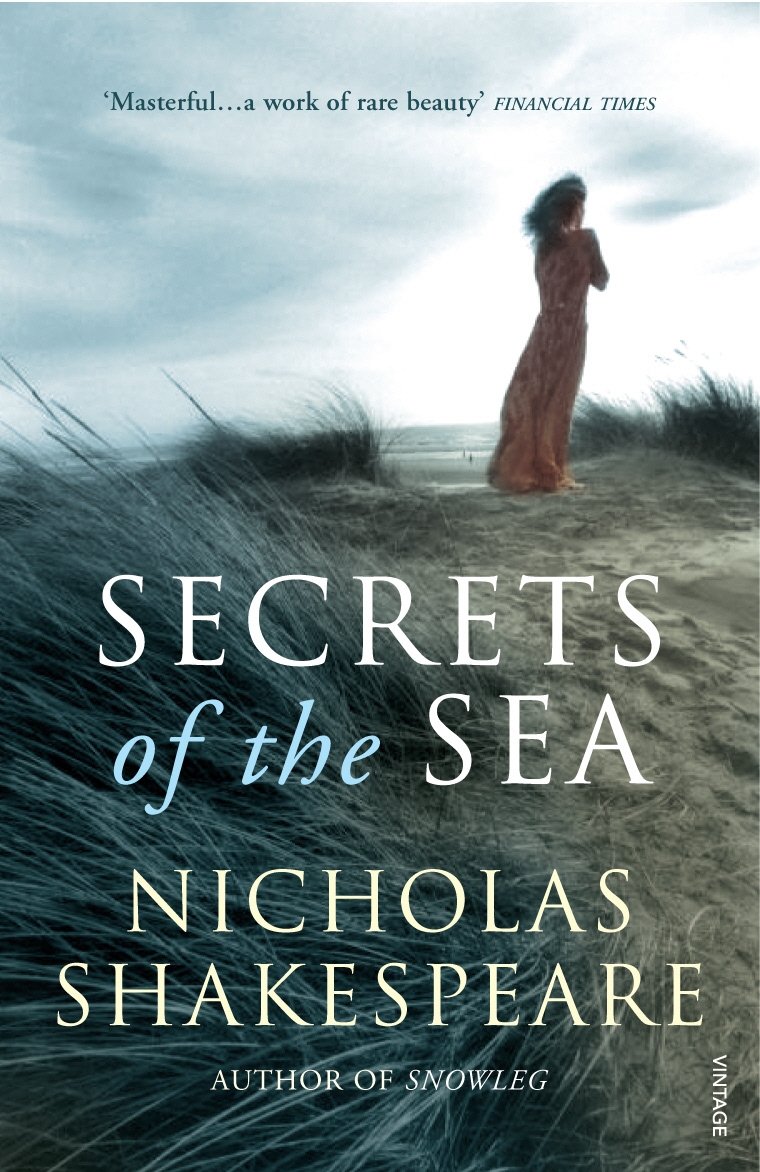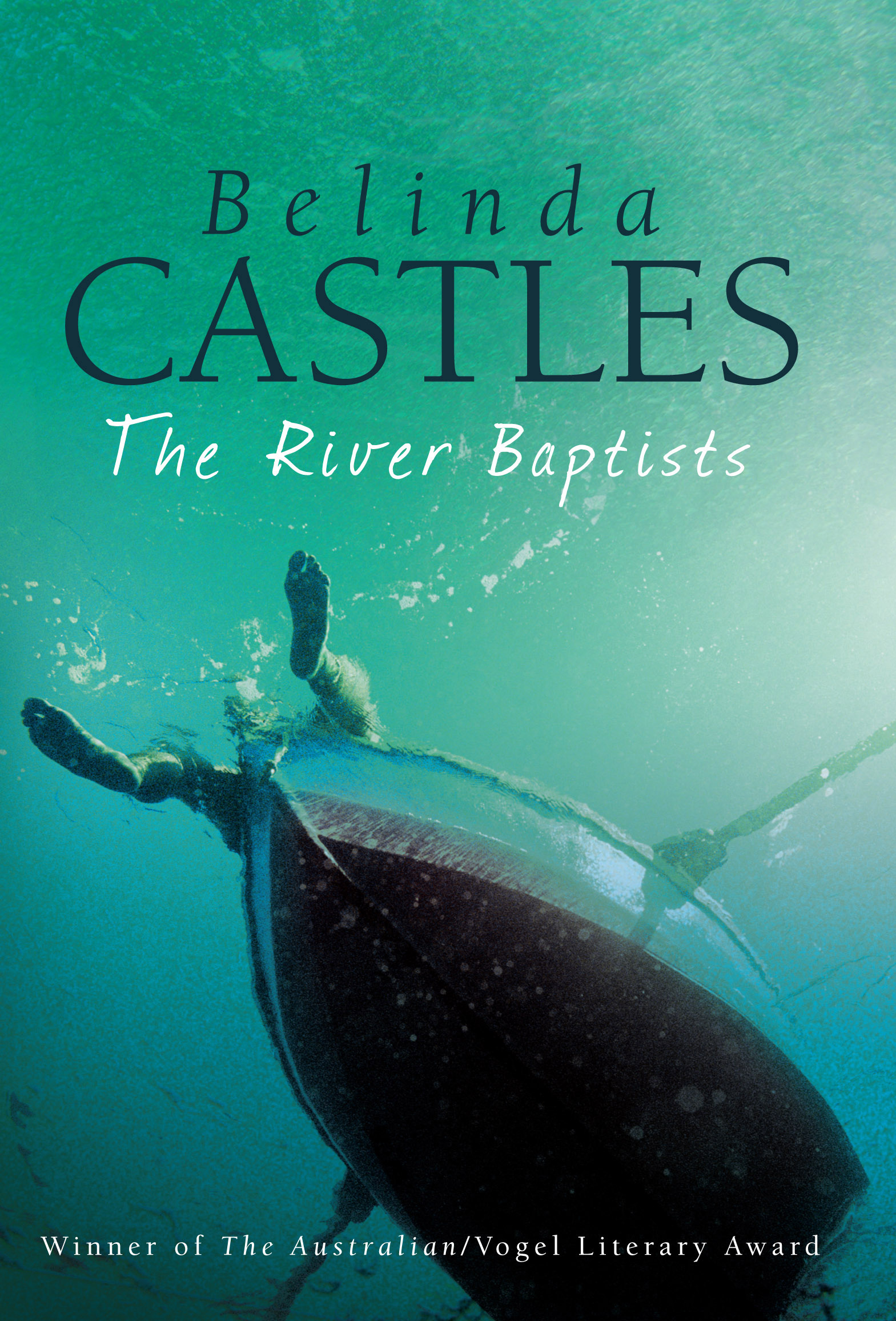Fiction
Creative Writing courses – those ostensible hothouses of creative ferment whose methods and very existence have been so heatedly debated in these pages and elsewhere – often appear to those of us on the outside as the breeding ground for several subspecies of writer. On the one hand, there are the determinedly postmodernist, whose highly ironic and heavily footnoted metafiction is, on average, about fifty per cent less clever than they like to think it is. On the other, there are the magic realists and wannabe lyricists, whose lilting, pastel-coloured prose seems more at home in the pages of a teenager’s personal diary than it does in those of a serious anthology. Then there are the plain-speaking reporter types, who should probably be doing journalism but, for one reason or another, have chosen Creative Writing instead.
... (read more)Napoleon’s Double, by Antoni Jach, is another in the series of fictions inspired by the larger-than-life figure of Napoleon Bonaparte. It would be wrong, however, to think that this is an historical novel about Napoleon the man. The operative word in the title is the word ‘double’, and the imaginative writing in the novel ‘doubles’ history, illuminating it. Doubles abound in the work: of the characters, but also of central themes and meanings.
... (read more)Childhood, Freud taught, becomes us, but our earliest memories can be sly; they resist us when we seek them, and pounce when we are unprepared. It is thus only by chance that Proust comes upon his first recollections, those idyllic scenes revived in long wafts of hawthorn-scented nostalgia. The legacy of childhood and its fickle reminiscence has always been prominent in Charlotte Wood’s work. In The Children, childhood is remembered as a grim affair, something the three siblings at its centre would rather leave behind. Yet much of this novel hinges on the idea that childhood is something we never escape: old memories involuntarily impinge upon us, and the self that defined us as children, the book suggests, constitutes us throughout our lives.
... (read more)Graham Swift’s fine novel Last Orders (1996) is propelled by the motif of a group of middle-aged men, with a shared past, brought together again by a single goal. In their case, it is the matter of casting the ashes of a dead friend into the sea. The narrative dips into the characters’ past to acquaint us with the nature of the ties that bind – have bound – them to each other and to the dead man.
... (read more)Graeme Kinross-Smith, the author of Long Afternoon of the World, is a prolific writer, perhaps best known for his poetry – and it shows. This narrative is infused with the poetry of landscape and the joy of music: ‘Down the rooms of the past I hear music ... Music informs landscapes, the patient streets, the city’s lights spreading across the hills.’ The world of Tim Menzies comes alive on the page, and it is quintessentially Victorian. He recalls the Melbourne of his childhood, ‘shop and vacant block, rare beach, street games, lumbering planes in the sky that sound like the War’; present-day Melbourne, ‘its relentless, tired, opportunist rhythm’, and the family farms in the Mallee and the Wimmera. Most of all, Tim’s mind lingers on the wild coast of western Victoria, where he meditates and writes in an old church. The seascapes, as well as the notion of the healing power of the sea, account for some of the most lyrical passages in Long Afternoon.
... (read more)In 1880, Turgenev visited Tolstoy at his country estate after a long period of estrangement, only to discover that the great novelist had, in the interim, renounced art in favour of ethical enquiry. Turgenev was appalled, and dashed off a letter complaining that ...
... (read more)Set in a seaside town whose name changes with the vagaries of its fortunes (Salvation, Ruination, Ridicule), Andrew Lindsay’s Slapping Man is a simpleton called Ernie who discovers a remarkable use for his gargantuan jaw. Determined to transform this facial liability into a money-making asset, he positions himself at the local market next to The Human Pincushion and The Man That Never Laughs and transforms himself into The Slapping Man. As the rhyme on the cover explains, Ernie’s spruiking patter relies on the desire for cathartic violence: ‘Feeling poorly, sick or weak? Just come down and crack my check! Don’t be sad, Don’t need to Frown, The Slapping Man has come to town!’ Owing to the circumstances of his conception and the size of his jaw, Ernie seems to have been destined for a career as a human punching bag, an easy and willing target for malcontents to vent their anger upon. And there are plenty of candidates, considering Salvation’s disaster-riddled history.
... (read more)Not long after he began to spend extended periods on the island, English novelist Nicolas Shakespeare wrote In Tasmania (2004), a spirited account of some of the things that he had seen and been told there. This was a rambling book, whose intention seemed unresolved. With his fifth novel, Secrets of the Sea, Shakespeare has made Tasmania his setting again. Manifold details are refined for the story, with more assurance than in the earlier book. Impressively, Shakespeare has created an unfamiliar place, alert to caricatures of itself, but much stranger. At the same time, his Tasmania seems to belong more to England than ever used to be said, and to the fictional realms of Thomas Hardy and D.H. Lawrence.
... (read more)Omar Nassif and Enzo Cugliari are fringe-dwellers, beyond ‘white trash’. That harshest of middle-class put-downs fairly locates their distance from the outsider types who claim our interest. Omar and Enzo are anti-charismatic, their physical selves undescribed. In contrast, Ari, the angry child of migrants in Christos Tsiolkas’s Loaded (1995) wants drugs, sex and dancing, and inevitably his character now conjures up the sex god in the film role, Alex Dimitriades. On the top shelf there is Lord Lucan, incognito and surgically disenhanced, slumming on Tasmania’s coastal glory in Heather Rose’s The Butterfly Man (2005); attractively guilt-wracked and evolved, Lucan trails glamour and enigmatic women. The actor would be Jeremy Irons.
... (read more)There is always someone watching someone else in Belinda Castles’ Vogel Award-winning novel, The River Baptists. Most of its characters choose to live on the Hawkesbury because of the peace and seclusion, but the river setting allows a variety of vantage points and approaches to the scattered houses and rickety jellies that line the banks. It is a tranquil and picturesque setting, but Rose’s friend Ben sees it in a rather different light: ‘Subzero temperatures, mud, a pub full of guys who look like Cousin It.’
... (read more)

